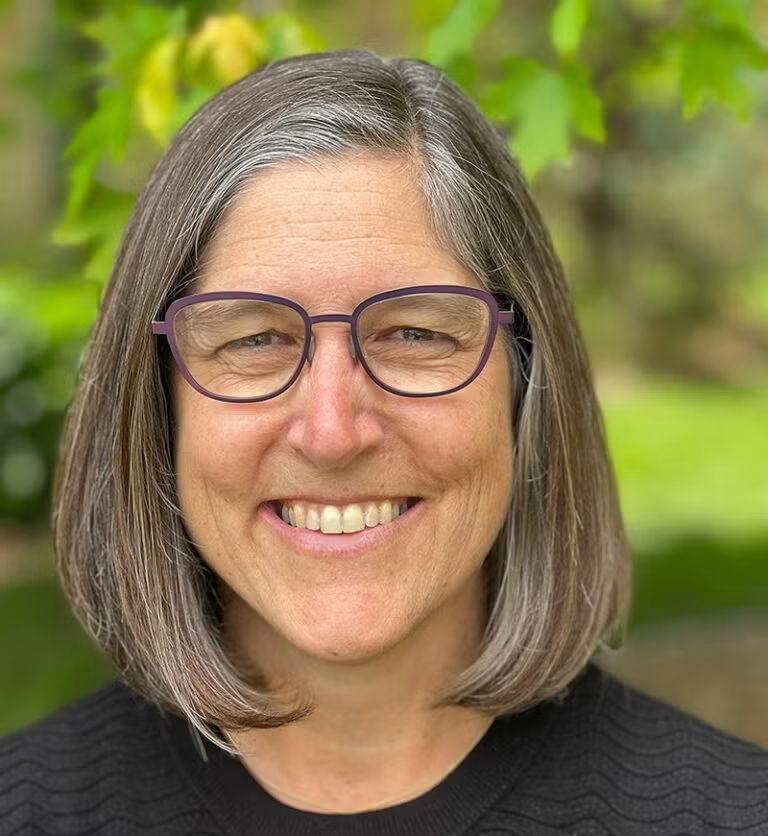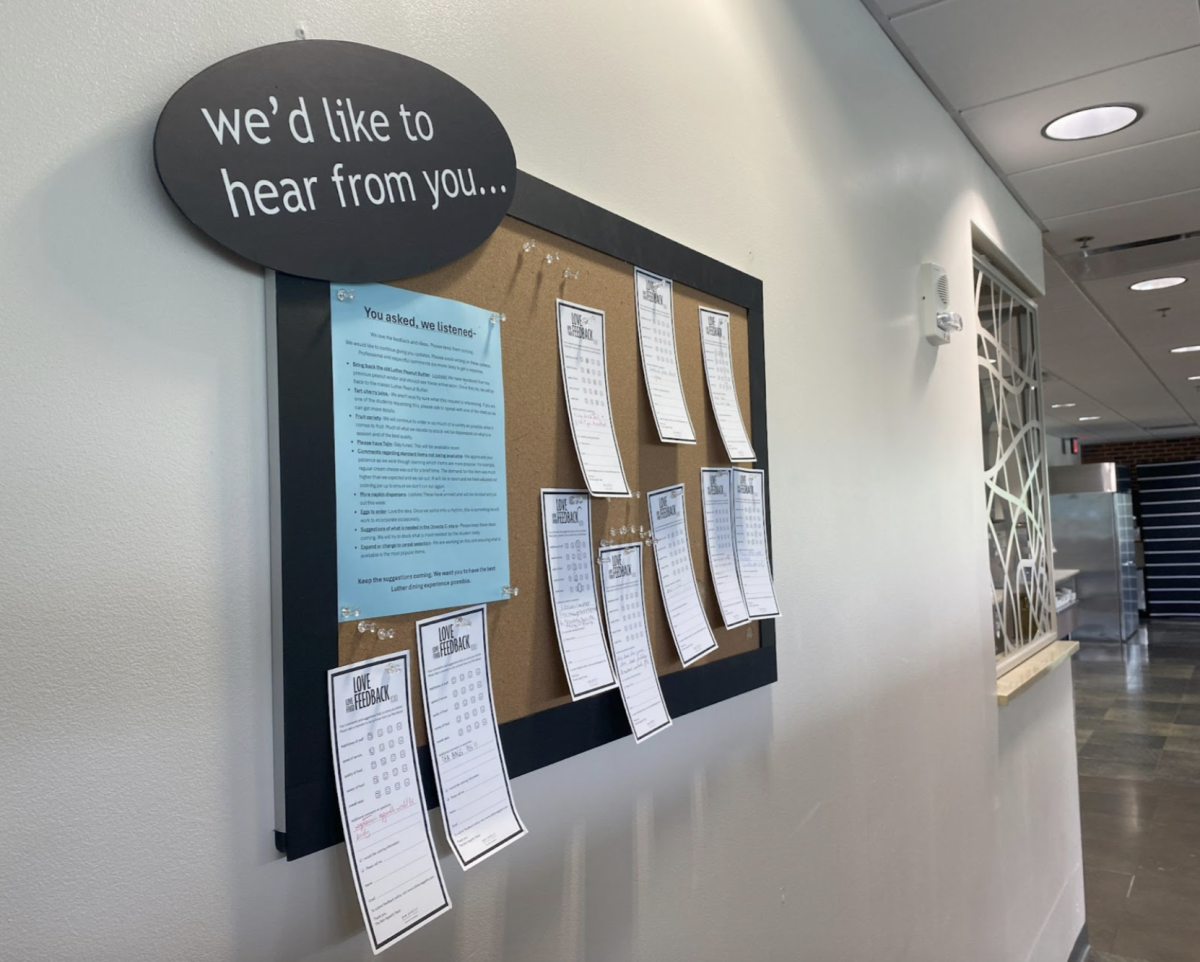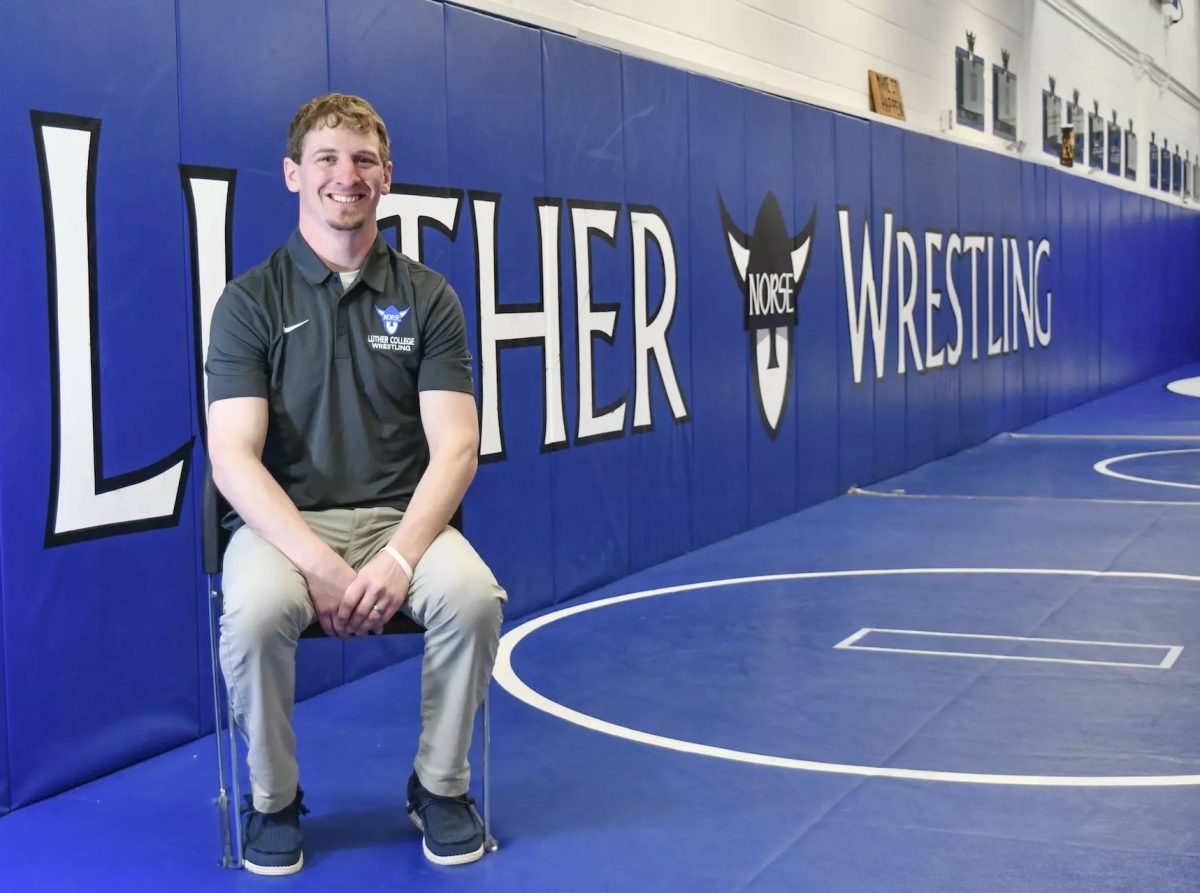Luther College and WinnMed are piloting an Integrated Behavioral Health Program for in-person therapy sessions through the WinnMed Luther Clinic. Students were alerted to this change in an email on July 29, and starting on Oct. 15, 2025, there will be a full time counselor available in Larsen Hall.
“WinnMed’s Integrated Behavioral Health program is an intervention-based model designed for individuals requiring 10 or fewer sessions,” President Brad Chamberlain said to students in an email on July 29. “As was the case with Luther’s Counseling Service in past years, the IBH program is not intended to replace ongoing mental health support from a hometown practitioner, or for students who need mental health care requiring more than 10 visits per academic year.”
“Integrated behavioral health is counseling, but it’s intended to be short-term and supplementary, so for students that have a provider at home, or are regularly doing teletherapy with someone,” said dean of students Julie Thornton. “This could be a bridge to [a provider at home], it could also be in addition to that, but generally integrated behavioral health is short-term. It’s intended to create strategies for success, and then build a relationship with a long-term counselor.”
Right now, the process for getting access to counseling begins with a student visiting the Luther Clinic to make an appointment. The staff will triage the student, to determine the services that would be best suited for the student’s needs. That will give the student access to either an in-person appointment in Larsen Hall, over the phone, or at the WinnMed clinic in Decorah. An initial appointment serves to figure out what a student actually needs. Until November, the likely next step for in-person services is a student seeing a counselor in Decorah. In November, the full-time counselor will be on campus, and students will have access to appointments through WinnMed. This model is meant to give students flexibility in accessing in-network services that best serve them, and their insurance. Students also have access to taxi vouchers to get to and from counseling appointments, also meant to remove barriers for accessing services.
“Right now, we’re starting with one full-time counselor, and then we’ll go from there,” Thornton said. “If it’s not meeting the needs of students, that’s a great question. I don’t think we want to be putting a product out there that’s not meeting our needs, but we have an agreement for the year. Fortunately we’re in a system with WinnMed where we can be referring not just to the Luther Clinic, but referring to Decorah with the [taxi] vouchers. I can’t say for sure it’s going to look this way, and I think we have to be mindful that this may not be the perfect model. Meanwhile we want to make sure our students are being seen and cared for.”
If appointments at the Luther Clinic are not covered under a student’s insurance there are a variety of options to ensure that they still receive necessary services.
“Students are encouraged to review their insurance coverage before arriving on campus to determine if services will be in or out of network for their plan,” said Thornton and Provost Pamela Bacon in an email to students on Aug. 25. “If insurance denies the claim as out of network, WinnMed will work with students on a discounted rate that will be the student’s responsibility.”
If services are out of network, staff in Student Life will work to connect students with in-person counseling in town that does fall in-network. Another option is that according to staff at the Luther Clinic, if WinnMed appointments are not covered under a student’s insurance, then WinnMed offers a 48% discount. Beyond that, there are opportunities to set up a payment plan, in consultation with Mary Weber, a financial counselor who works at WinnMed.
In terms of telehealth, Luther College has recently implemented Uwill as a replacement for Telus. Unlike Telus, Uwill is specifically intended for college students and campuses, and students have access to eight free sessions per year. Students have choice in their provider, with options to choose their counselor in terms of issue, race, gender, sexual orientation, language, and availability. The platform provides day, night and weekend availability for appointments. There is no obligation to stay with a counselor for more than one appointment if the student’s needs are not met by the counselor that they previously selected. There is no charge to Uwill, as it is paid for in part by the student health and wellness fee.
Uwill also offers 24/7/365 crisis help, and wellness education. If a student is having a mental health crisis, an RA, Res Life or Campus Security can call on behalf of a student, even if the student is not registered with Uwill. The people on call at Uwill can help get support for the individual, beyond what security, or an emergency room visit, will offer students.
As part of their holistic wellness campaign, Uwill also offers a wellness video series that focuses on all aspects of wellness: nutrition, stress, academics, yoga, meditation and relationships. Thus far, the top student concerns at Luther have been in the categories of “5 steps to better confidence,” “3 signs of unhealthy relationships” and “what is normal?” Through the platform, 102 students have registered so far, according to the office for student life. There are 23 active students, who have had sessions through the platform, and they have all given their experience a ten out of ten rating. Zero crisis calls have been placed.
Ultimately, Thornton and the office of student life want students to have access to the care that best serves them, and act as a resource to connect students with the necessary resources. In Thornton’s last role, she met many students in a counseling capacity.
“I was not a counselor, but we used to always say it was little c counseling, where I would be meeting with students all the time, talking about experiences, stress, all the things. I’m not suggesting that I’m a replacement for a counselor, [because] some people need to be connected to someone in a clinical way, and yet there are a lot of students that just need to come in and talk to somebody. I would encourage students to do that,” Thornton said. “We’ve got Bergen [Wendt, wellness education promotion coordinator], who’s a wellness coach, we’ve got myself, Jake [Dyer, director of student activities and leadership], Nan [Hibbs, director of community standards]. Our work is to be talking with students in little c counseling, to talk about those stresses and anxieties and then making sure we’re helping them develop strategies to work through those challenges. But knowing when to say, okay now it’s time for you to go see a counselor on a more regular basis, that’s really, I think, key.”





